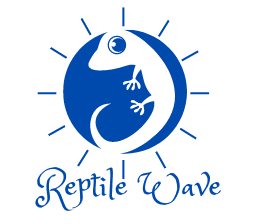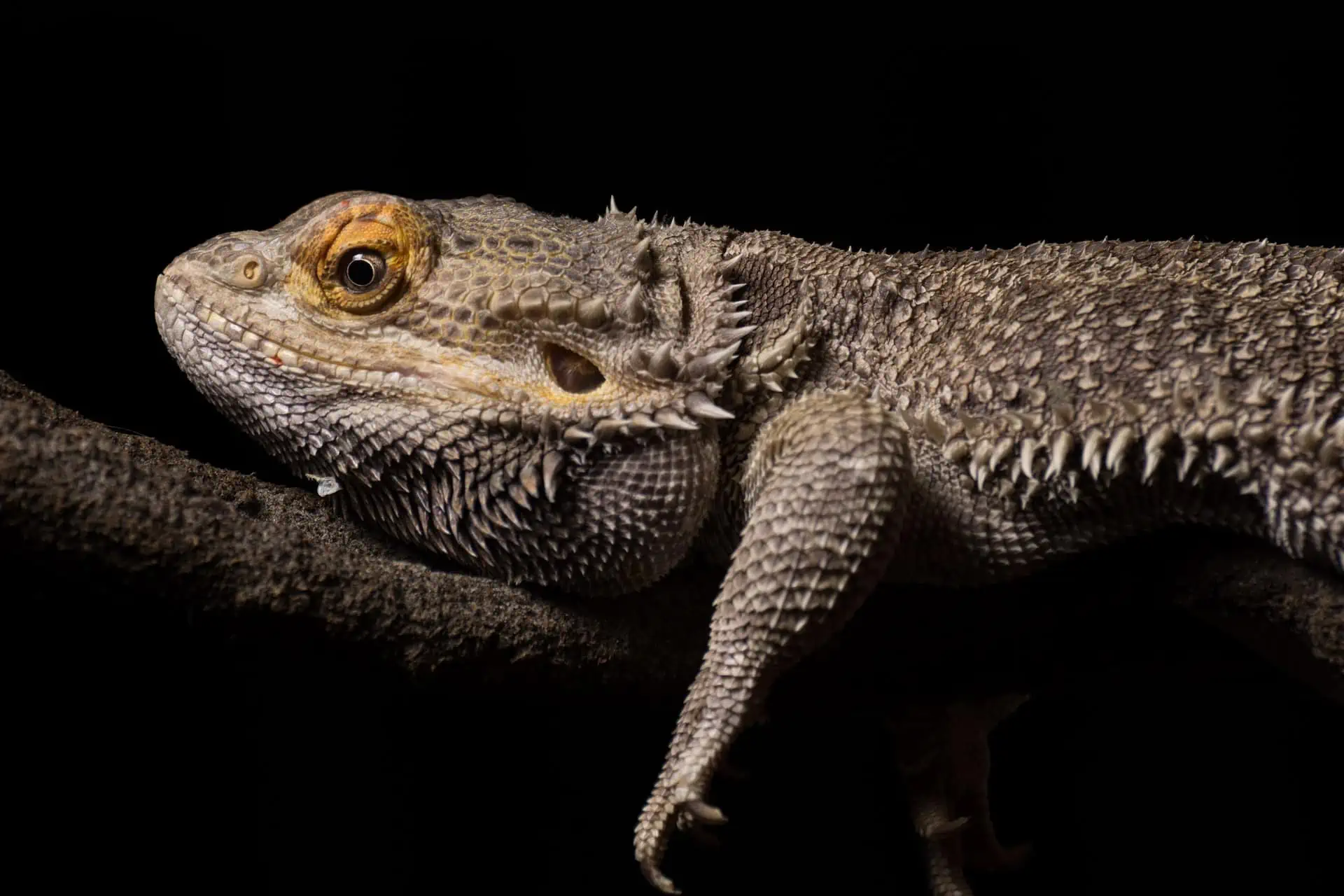Losing a pet can be incredibly difficult, and it’s important to allow yourself time to grieve. Finding a bearded dragon with its eyes open after passing away is not uncommon. This happens because the muscles around its eyes don’t work like ours, so they don’t shut completely when the dragon dies. This doesn’t mean anything is wrong; it’s just the way their bodies are built.
However, there are several potential reasons why a bearded dragon might pass away, including illnesses, stress, improper care, or old age. If you have any other bearded dragons, it’s essential to monitor them closely for any signs of illness or distress.
What causes bearded dragons to die with eyes open?
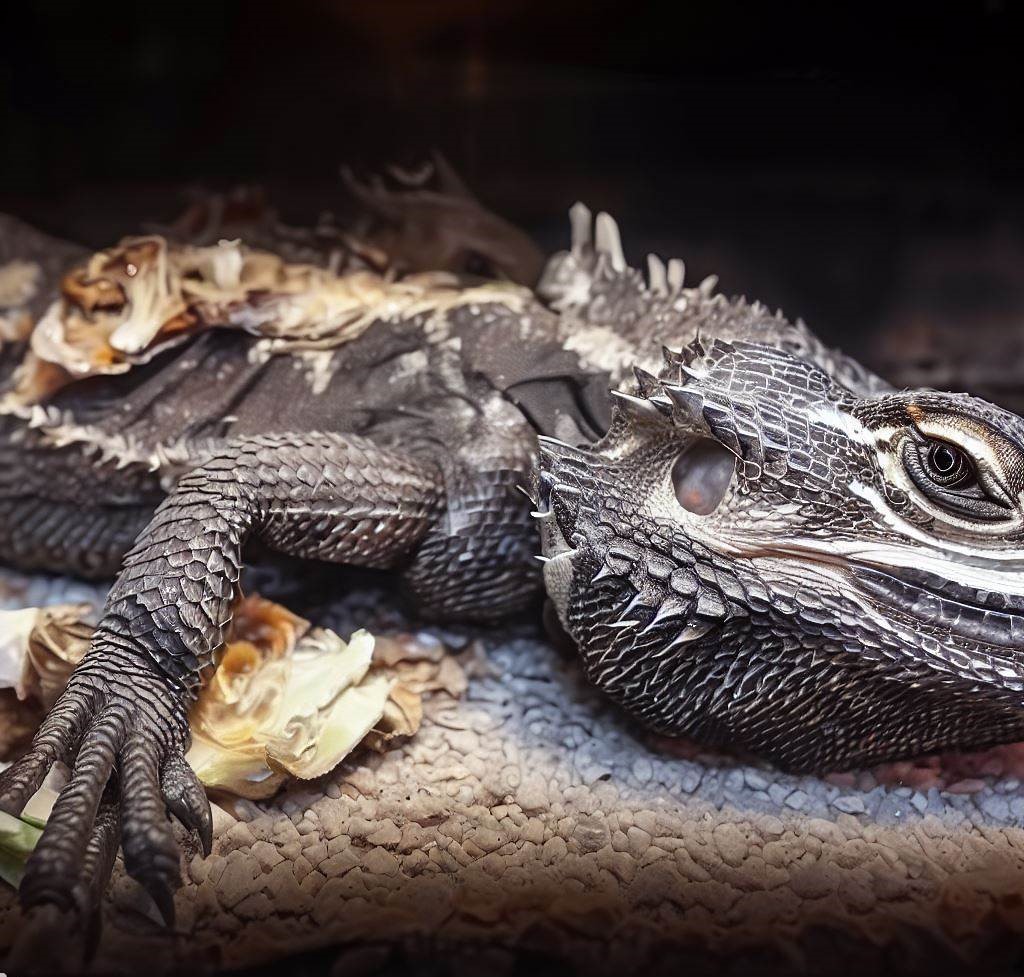
Many people who love bearded dragons have been puzzled by the fact that some of these lizards die with their eyes open.
Potential Implications of Eyes Open at the Time of Death
In some cases, the muscles of deceased reptiles can remain relaxed, causing the eyes to remain open due to the absence of muscle tension.
Unlike mammals, reptiles typically lack the muscular control to close their eyes, resulting in them remaining open post-mortem.
Specific Physiological Responses During the Dying Process
Bearded dragons, like other reptiles, can have sudden heart problems that can make their heart stop, and they can die without warning.
If they have kidney or liver problems for a long time, all their organs can stop working, and they might die.
Furthermore, if they’re sick for a while, feel stressed, or aren’t taken care of well, their body might stop working, and they can die.
Connection Between External Symptoms and Internal Health Issues
| External Symptoms | Connection to Internal Health Issues |
| Skin lesions, discoloration | May indicate underlying infections or organ dysfunction. |
| Respiratory distress | Can be a sign of metabolic disorders or other internal problems. |
| Changes in behavior | Monitoring these can help assess the severity and progression of internal health issues. |
| Changes in eating patterns | Altered eating habits may be linked to underlying health problems. |
| Physical appearance changes | Visible changes can be a sign of internal health issues. |
| Prompt recognition and intervention | Recognizing external symptoms can lead to timely veterinary care and treatment of underlying health complications. |
How do bearded dragons behave before death?
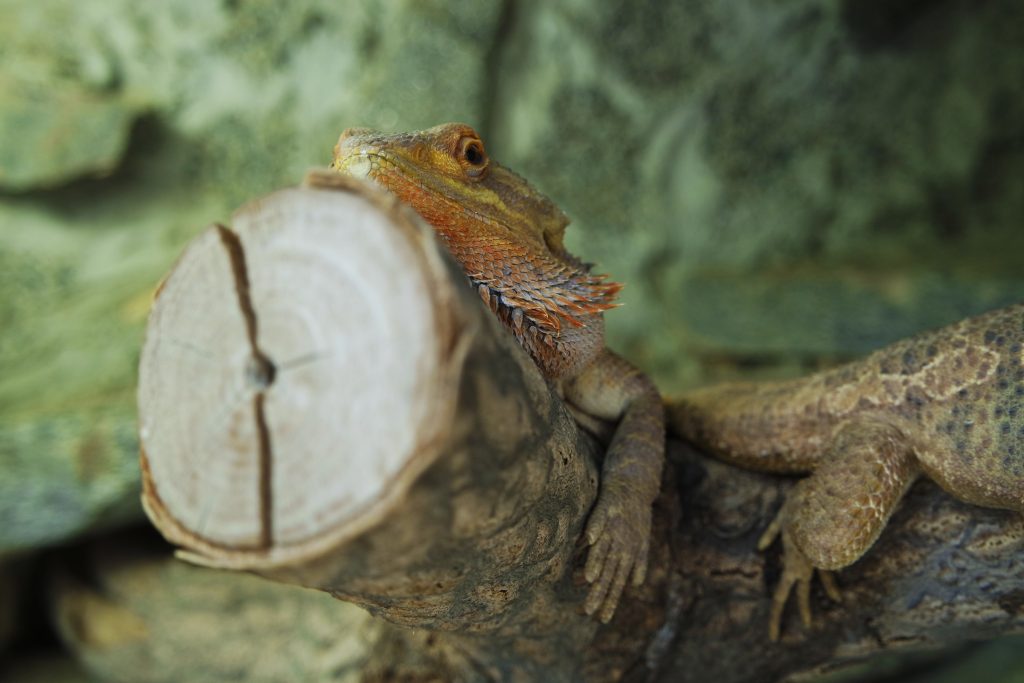
If you watch closely and remember these things, you can understand when your bearded dragon is feeling bad or sick. Then you can do the right things to help them feel better and stay healthy.
Notable Changes in Behavior
Any sudden aversion to basking or spending more time than usual under the heat source could indicate an underlying health issue.
Bearded dragons generally exhibit docile behavior, so any unexpected aggression or prolonged periods of lethargy might signify distress or illness.
Difficulty in walking, climbing, or balancing could be indicative of muscle weakness, metabolic bone disease, or other severe health complications. Withdrawal from interaction or avoidance of human contact may suggest discomfort or pain.
Observations about Eating, Drinking, and Activity Levels
Bearded dragons are typically voracious eaters, so any sudden decrease in food intake or refusal to eat may signal an underlying health issue.
Significant changes in water intake, such as increased or decreased consumption, might be indicative of specific health concerns or organ dysfunction.
A noticeable decline in overall activity, such as reduced exploration, movement, or play, could be an indication of underlying health problems or a decline in health.
Any Visible Symptoms or Signs of Illness
| Symptoms | Possible Health Issues |
| Skin lesions, discoloration, swelling | Skin infections, injuries, or metabolic issues |
| Labored breathing, wheezing, gasping | Respiratory infections or serious respiratory issues |
| Diarrhea, constipation, abnormal stool | Gastrointestinal infections, impaction, or dietary issues |
| Swelling, discharge, abnormal appearance in eyes or mouth | Eye infections, oral health problems, or systemic diseases |
What are common health issues in bearded dragons?
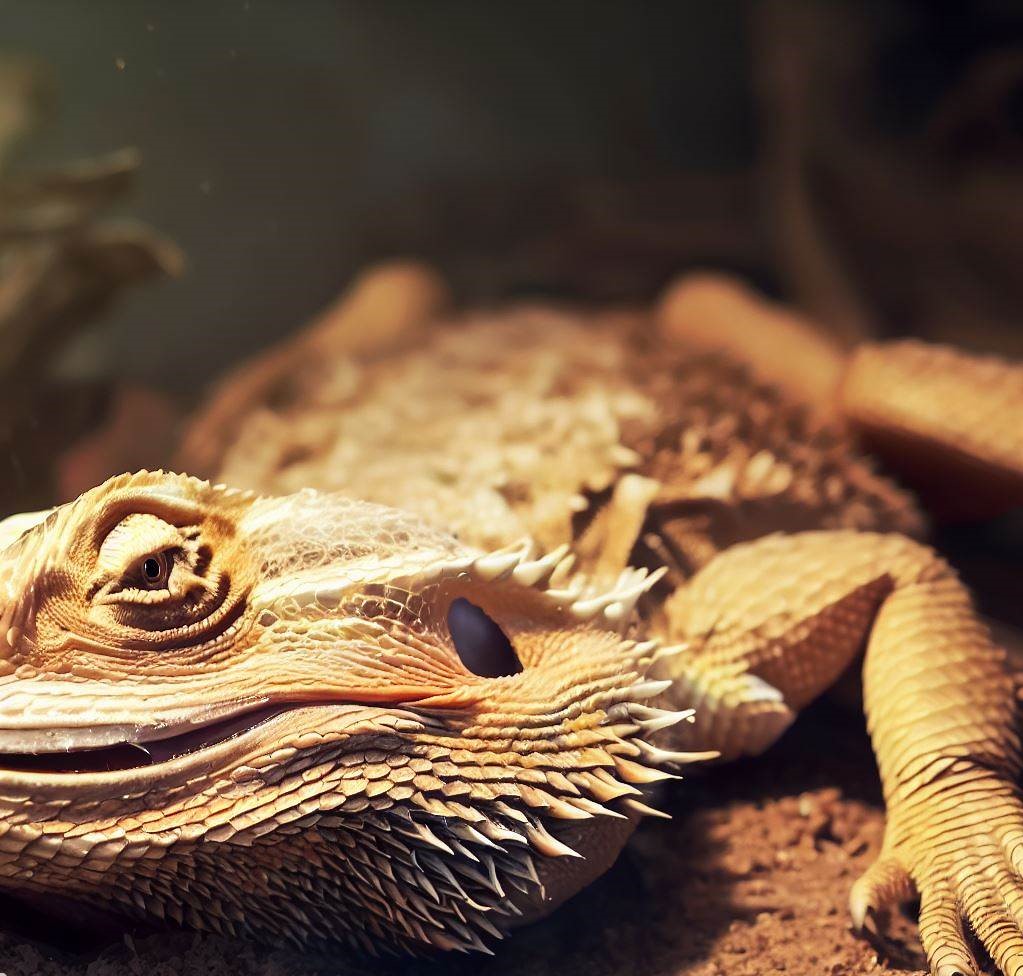
If you know about these health problems, what causes them, and how to keep an eye out for them, you can take better care of your bearded dragon.
Common Health Problems in Bearded Dragons
Metabolic bone disease (MBD): Caused by calcium and vitamin D3 deficiencies, MBD can lead to weakened bones, deformities, and fractures in bearded dragons.
Parasitic infections: Bearded dragons are susceptible to various internal and external parasites, such as coccidia, pinworms, and mites, which can significantly impact their health and vitality.
Respiratory infections: Pneumonia and other respiratory illnesses are common in bearded dragons, often caused by inadequate enclosure temperatures, poor ventilation, or bacterial and fungal pathogens.
Gastrointestinal issues: Impaction, diarrhea, and digestive blockages can occur due to inappropriate substrate ingestion, inadequate hydration, or dietary imbalances.
Factors Contributing to Bearded Dragon Mortality
Poor habitat conditions, including incorrect temperatures, inadequate UVB lighting, and improper diet, can compromise the overall health and longevity of bearded dragons.
Late or insufficient medical care for health problems can worsen the seriousness of common ailments and lower the chances of successful treatment.
Stressful living conditions, such as overcrowded enclosures, frequent handling, or exposure to aggressive tank mates, can lead to weakened immunity and increased susceptibility to diseases.
How to cope with the loss of a bearded dragon?
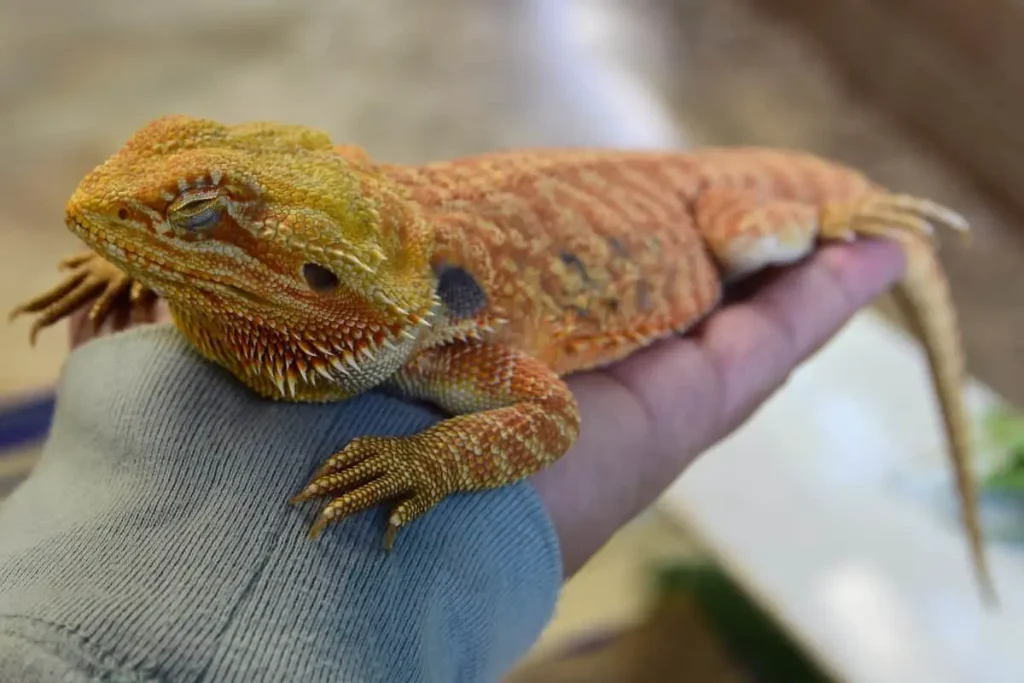
After saying bye to your reptile friend, dealing with the feelings of losing a bearded dragon can be hard and really personal. Here are some steps that might help
Coping with the Loss of Your Bearded Dragon
Allow yourself to grieve
It’s important to recognize your emotions and allow yourself to grieve the loss of your pet. Understand that it’s normal to feel sadness and it’s okay to take some time to process your feelings.
Create a memorial
Consider creating a memorial for your bearded dragon. You can make a scrapbook, frame a photo, or plant a tree or flowers in their memory. This can be a meaningful way to honor their life and the joy they brought to you.
Talk to others
Share your feelings with friends, family, or others who have experienced a similar loss. Talking about your emotions can be a helpful way to work through your grief and feel less alone.
Take care of yourself
Make sure to take care of yourself during this time. Get enough rest, eat well, and engage in activities that bring you comfort and joy.
Consider adopting again
While it’s important to give yourself time to heal, some people find comfort in giving another animal a loving home. If and when you feel ready, consider adopting another bearded dragon or another pet that you feel a connection with.
FAQ’s
Yes, bearded dragons may exhibit signs of distress, such as lethargy, loss of appetite, or unusual behavior. Consult with a vet for a proper assessment.
Signs of pain in bearded dragons include changes in behavior, reduced activity, reluctance to move, or abnormal postures.
Bearded dragons are hardy, but improper husbandry, inadequate diet, or poor hygiene can make them susceptible to illnesses.
Yes, bearded dragons can experience pain. It’s essential to monitor their behavior and seek veterinary care if any signs of distress or discomfort are observed.
Eye issues in bearded dragons can be due to infections, injuries, or underlying health issues. A vet examination is necessary to determine the specific problem and recommend appropriate treatment.
It’s normal for bearded dragons to go without eating for a few weeks, and sometimes even up to two months. However, if your dragon refuses to eat for an extended period, lasting beyond what’s typical, it could be a sign of health issues.
Final Words
All things considered, if you lose your bearded dragon, it can make you feel really sad, especially if you see them with their eyes open after they pass away. This happens because of how their muscles work. Sometimes, they might die because they are sick, stressed, or not taken care of well. It’s important to notice signs like not wanting to sit in the warm spot or eating differently, as it could mean they are not feeling well.
In addition, if your bearded dragon dies, it’s okay to feel sad and take time to remember them. You can make a special memory, talk to others, and take care of yourself. Later, you might think about getting another pet when you feel ready.
